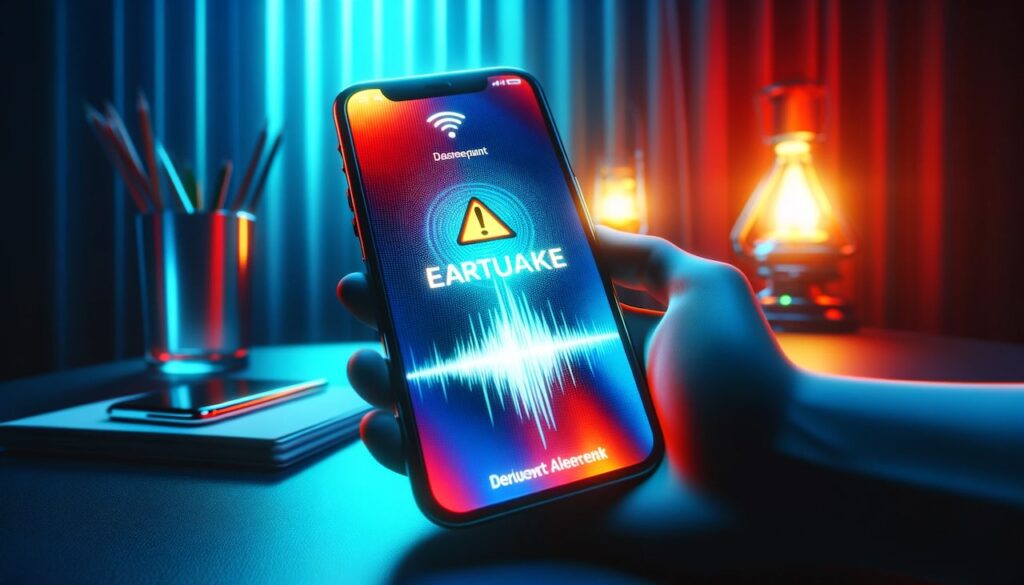The Sound That Freezes Your Heart
Have you ever felt your heart leap the moment Japan’s Earthquake Early Warning tone blares?
Many people describe the sound as downright terrifying — but why does it trigger such an intense emotional reaction?
In this article, we’ll explore the reasons behind this fear through the lenses of psychology, physiology, and sociology.
You might even find insights to help ease your own fears.
🎵 Listen to the Earthquake Early Warning sound here:
https://youtu.be/bGBFh2RqzyI?si=8ErhSq9LKfsWw2RB
What Is the Earthquake Early Warning System?
Japan’s Earthquake Early Warning system was developed to save lives, alerting people to earthquakes seconds before the shaking begins.
Ironically, while the system’s goal is protection, the sound itself often causes intense anxiety — sometimes even before the ground starts moving.
The Psychological View: Conditioning and Fear of the Unknown
From a psychological perspective, the fear response to the warning sound is a classic example of conditioning:
- Past trauma: People who have lived through devastating earthquakes associate the sound with fear and danger.
- Anticipatory anxiety: The sound triggers fear not only of the earthquake itself but also of the unknown — “What’s going to happen next?”
Humans are naturally anxious about uncertain futures, and this ominous tone amplifies that fear dramatically.
The Physiological View: A Jolt to the Nervous System
On a physiological level, the Earthquake Early Warning sound is finely tuned to trigger an automatic body response:
- The high-frequency tone and sudden loudness directly stimulate the sympathetic nervous system.
- This activation leads to:
- Rapid heartbeat
- Sweating
- Elevated blood pressure
- These physical changes are part of the body’s ancient “fight or flight” survival mechanism — an instinctive reaction to perceived danger.
The body is literally primed to react to the alarm, creating an overwhelming sense of urgency and fear.
The Sociological View: Fear Shared Across Society
From a sociological standpoint, the fear response is magnified by shared experience:
- The warning sound is not just personal — it signals a collective moment of anxiety across neighborhoods, cities, and even entire regions.
- News coverage and social media amplify the emotional impact, reinforcing communal fear every time the alarm rings.
This socially shared fear heightens individual emotional responses, making the warning sound even more chilling.
Conclusion: Fear With a Purpose
The terror sparked by Japan’s Earthquake Early Warning sound is complex — a blend of psychological conditioning, physiological reactions, and social dynamics.
But it’s important to remember: the fear serves a purpose.
The sound is designed to save lives, giving people precious seconds to protect themselves.
By understanding why the sound feels so frightening, you can start to separate the emotional reaction from the practical response — and face future alerts with greater calm and preparedness.
For further reading on how to manage disaster-related stress:


